Compassionate OCD & Eating Disorders Dietitian Nutritionist in Colorado:
Body Image Counseling for Lasting Wellbeing
Embark on a journey to a self-compassionate, trusting, empowering relationship with food and body and holistic well-being. Our certified OCD & Eating Disorders dietitians provide online and in-person medical nutrition therapy and compassionate care to guide you toward lasting well-being. We work to help empower you to reclaim food and body trust and freedom, embracing life with a renewed sense of wellness and vitality.



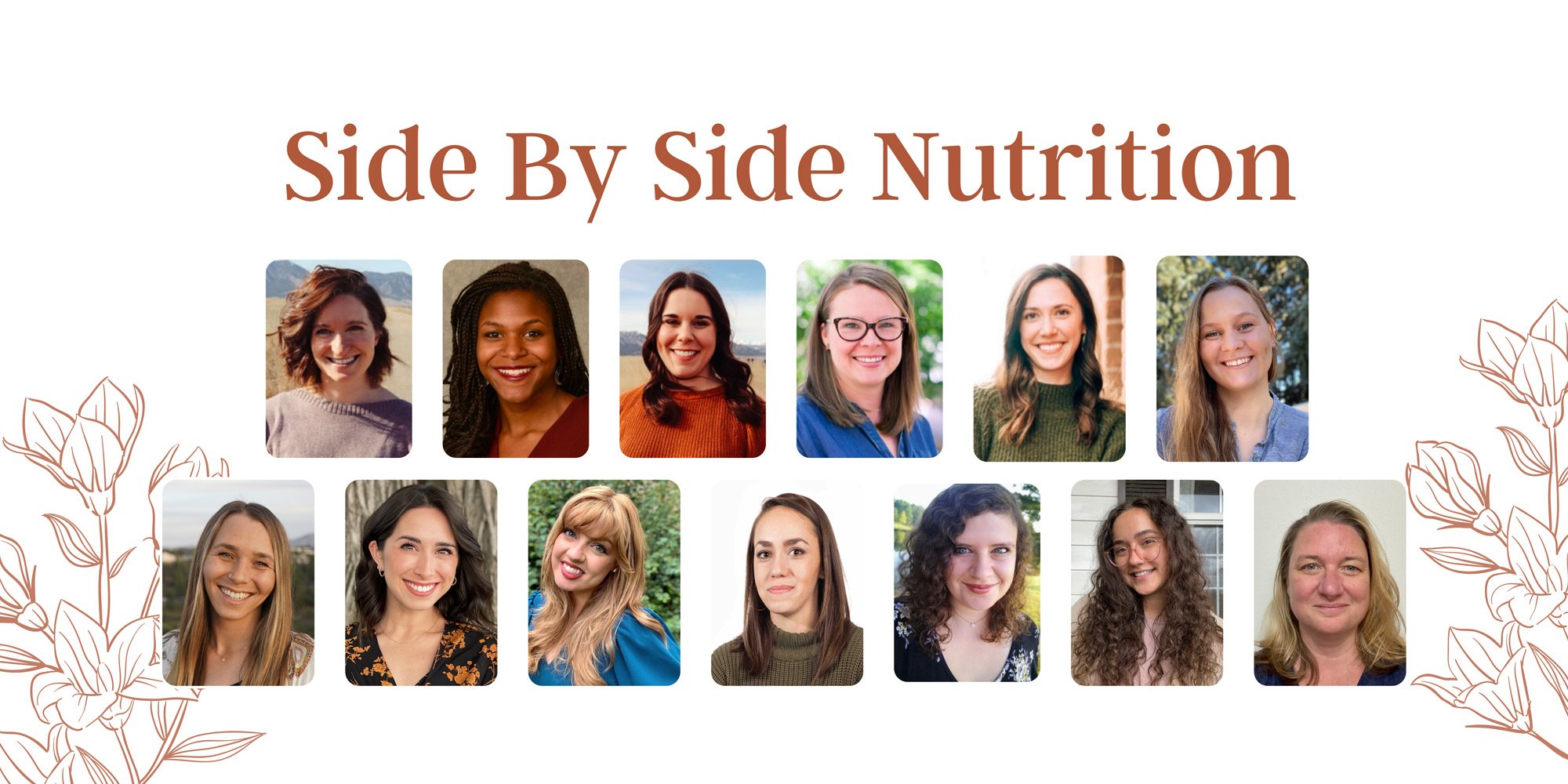


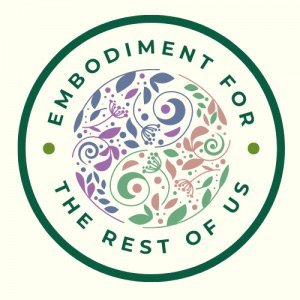






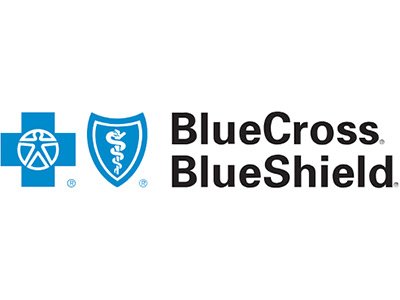

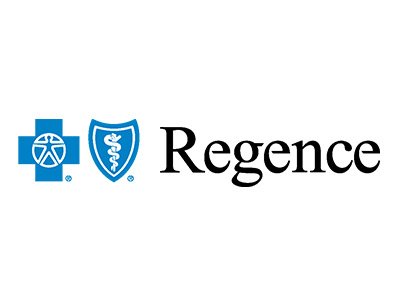
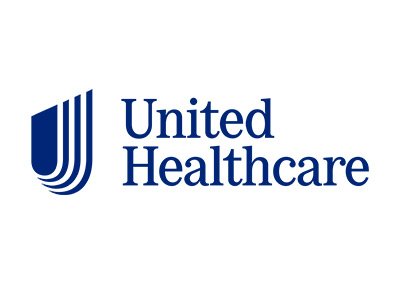



Recent “graduate” from Side by Side Nutrition. I started working with SBSN to figure out how food worked after having an eating disorder for years. And I’m so happy I got so much more than that! SBSN introduced me to Self-Compassion and met me with an approach that never included shaming me. I looked forward to our sessions every week, even if I hadn’t done any of my work, because I knew she’d be understanding and work with me to figure out what I needed to make it happen. And none of that compassion and presence was lost when we had to switch to telehealth. When I started, I didn’t think healing from an eating disorder was possible. And I never in my wildest dreams imagined that I’d come out of it with an unshakable love for my body (certainly not a plus size body with chronic illness)! I’m so glad circumstances sent me here because I know I wouldn’t have gotten to this place with my previous dietician! I am STRONG, I am CONFIDENT, and I am in LOVE with myself! Thank you so much for helping me on my journey here! It wasn’t easy, but it was so worth it!
Michaela Myers